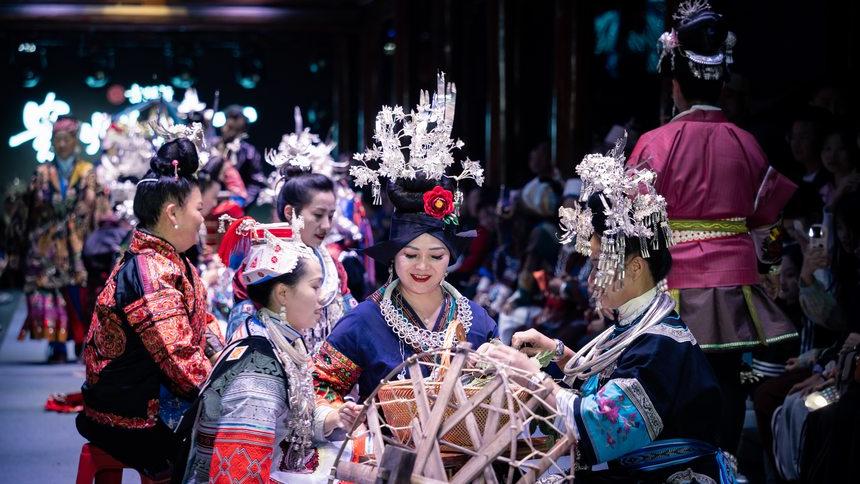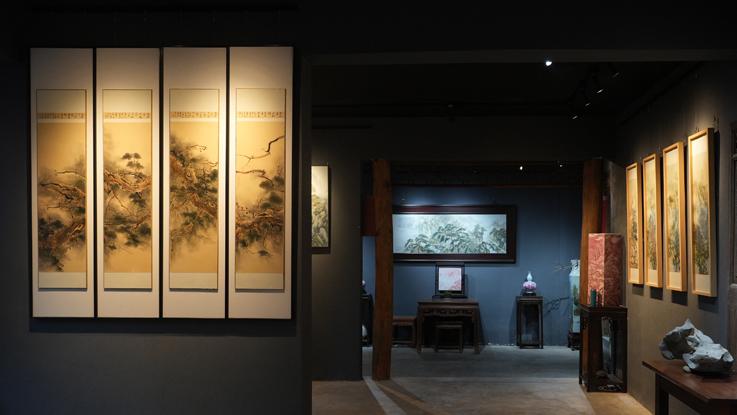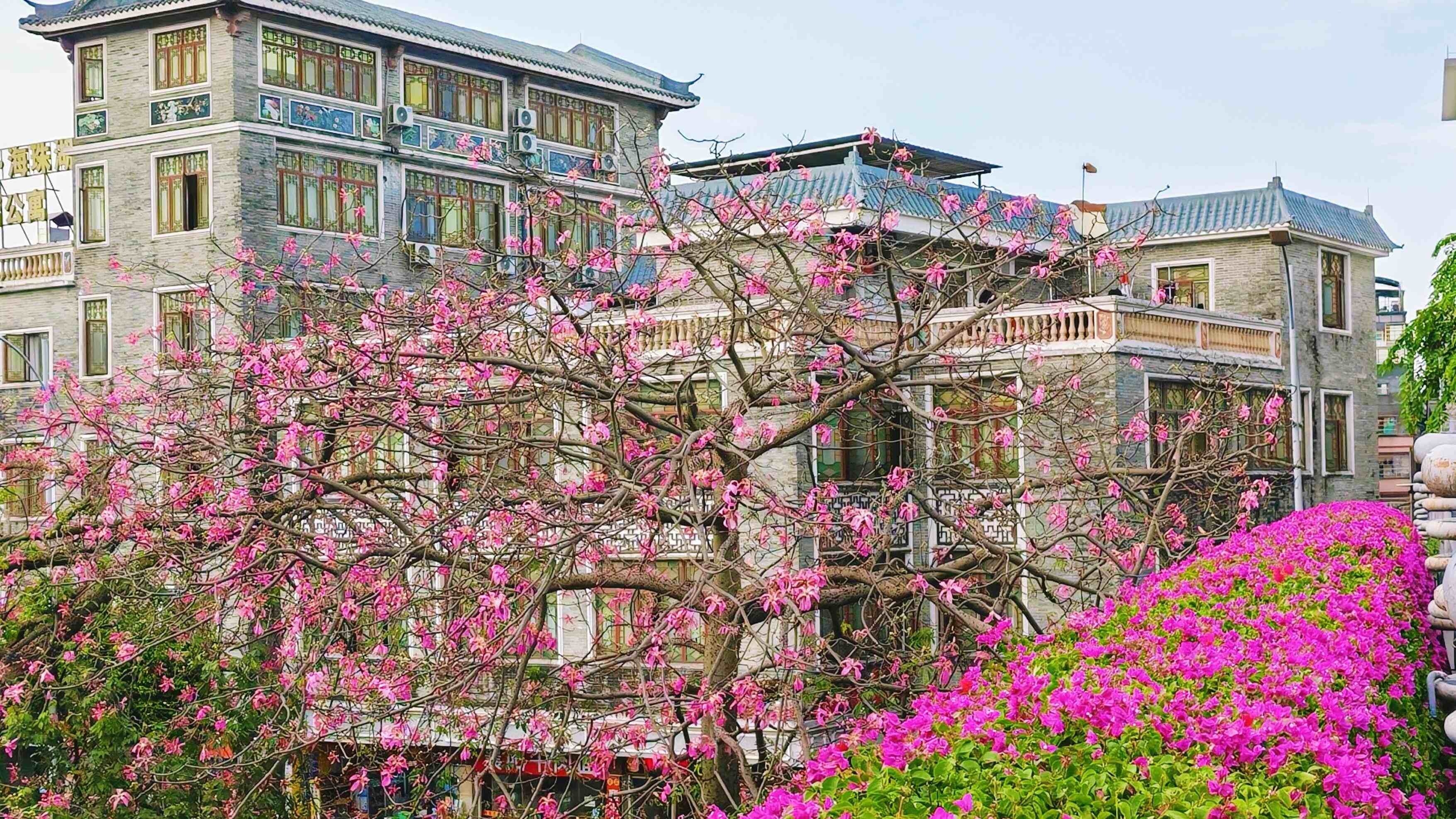Interview: CIIE crucial for promoting global trade, investment, and cooperation, says Malawian economist
LILONGWE, Nov. 6 (Xinhua) -- As the seventh China International Import Expo (CIIE) unfolds in Shanghai, China, it stands as "a pivotal platform for promoting global trade, investment, and economic cooperation," said Velli Nyirongo, a Malawian economist based in Britain.
In a written interview with Xinhua on Tuesday, Nyirongo said that by providing access to the "extensive Chinese market," the CIIE empowers developing and emerging economies to diversify their export destinations and integrate more deeply into global supply chains.
This year's CIIE, the world's first national-level expo focused solely on imports, has drawn around 3,500 exhibitors from 129 countries and regions. Notably, a record 297 Fortune 500 companies and industry leaders are participating in the six-day event, where over 400 new products, technologies, and services are being unveiled.
Among its benefits, the CIIE reduces trade barriers, offering favorable entry conditions for products from various countries, which promotes inclusive growth, economic resilience, and a more equitable global trade landscape, Nyirongo said.
"This initiative aligns with China's commitment to high-standard opening-up, supporting emerging economies in strengthening their industrial capacity and global presence," Nyirongo added.
"For African nations, the CIIE presents an opportunity to reduce reliance on traditional markets, providing a buffer against regional economic fluctuations," he said.
Nyirongo further explained that diversified market access, combined with new trade partnerships, contributes to a more balanced and sustainable global economic framework.
According to the Malawian economist, China's open cooperation policy offers numerous benefits, including enhancing global economic interdependence and making trade more inclusive and resilient by fostering partnerships across diverse economies.
He said that through mechanisms such as the Forum on China-Africa Cooperation (FOCAC), China promotes zero-tariff access for African goods. This, Nyirongo noted, has led to greater export diversity for countries like Malawi and increased their participation in the global economy.
At the opening ceremony of the 2024 FOCAC Summit in early September, Chinese President Xi Jinping announced that China will grant all least-developed countries with diplomatic relations with China, including 33 African countries, zero-tariff treatment for 100 percent of tariff lines. This policy makes China the first major developing country and the first major economy to take such a step, turning China's vast market into a significant opportunity for Africa.
"For Malawi, such policies support local industries by creating a reliable export market, which encourages local investment and industrial expansion," said Nyirongo, describing it as "a unique chance to improve the trade balance."
"To maximize this benefit, Malawi should focus on promoting value-added exports, particularly in agriculture and manufacturing sectors where it has competitive advantages," he said.
"Agricultural products, such as macadamia nuts, coffee, and tea, are in demand in the Chinese market. However, adding value through processing these goods locally before export can significantly boost export earnings and create jobs domestically," he said.
According to Nyirongo, Malawi could explore strategic partnerships with Chinese businesses to establish production facilities within Malawi, which would attract investment, develop local expertise, and increase export capacity. He said it is important for companies in Malawi to strengthen quality standards and certifications to build confidence among Chinese consumers and ensure product competitiveness in the Chinese market.
In conclusion, Nyirongo advised the Malawian government to ensure a sustainable trade relationship with China by prioritizing the diversification of its export portfolio and improving logistics and infrastructure to facilitate smoother trade flows.
"Engagement with Chinese investors through programs like CIIE can also attract foreign direct investment, boost Malawi's export sectors, and enhance productivity," Nyirongo said.
Photos
Related Stories
Copyright © 2024 People's Daily Online. All Rights Reserved.









